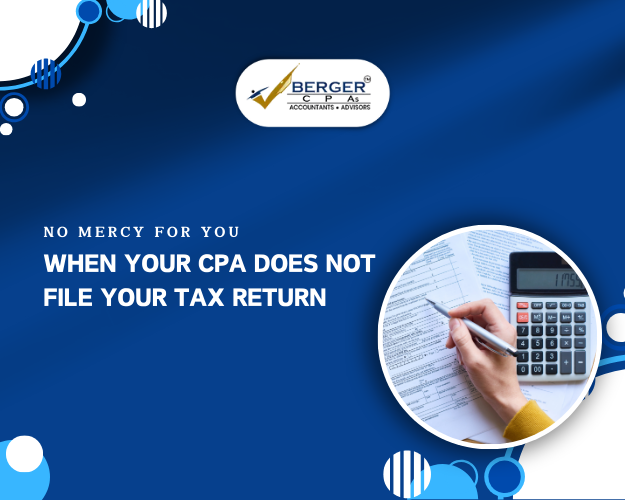
Would your tax pro turn you in for a whistleblower reward?
Suppose you meet a tax practitioner for the first time to manage your tax filing requirements. The tax practitioner first analyses your tax situation and the two of you sign an engagement letter. Later you reveal to the practitioner that you have hidden some income & fabricated some deductions and have been cheating the taxman for years now and want to continue the same. The tax practitioner is well aware that this is illegal and advises you to comply with the rules but you don’t agree. Now, your taxman can inform the IRS and collect a whistleblower reward but the question here is; can he do it and should he do it?
Answering the first question Can He Do it
Of course, he can do it. The IRS does not bother about the relationship between the tax practitioner and his client. The IRS has also provided boxes on the IRS Form 211 for practitioners and attorneys to check their relationship with the tax dodger. Moreover, the IRS also has a whistleblower program where individuals can expose such fraud by providing valuable information about tax on-compliance or underpayments and win a reward too.
But for your tax practitioner, the first step would be to make you understand that you are not compliant with the tax laws and to address those concerns and guide you into compliance. Moreover, there is a confidentiality clause that the practitioner has to maintainfor his/her client. They should not disclose any information without legal consent from their client. If they go against this clause there is the possibility that they face disciplinary action and potential legal liabilities.
- Comply with a subpoena or a court order
- Comply with laws and regulations
- Participating in certain professional practice reviews and investigations
- A defendant in administrative or legal proceedings
Remember that exposing a client just for the whistleblower award may not fall under these exceptions.
Answering the second question Should He Do it
Before blowing the whistle, the following aspects have to be considered.
The tax practitioner has ethical responsibilities. The American Institute of Certified Public Accountants (AICPA) has established codes of professional conduct for its members and the State Board of Accountancy has codes of conduct for CPAs.
The members of the National Association of Enrolled Agents (NAEA) have to follow the ethics code. Though they emphasize confidentially they also harp on public interest. If the practitioner feels that the fraud can harm the integrity of the tax system, then it is their ethical duty to disclose the information.
Some reasons for blowing the whistle
Tax evasion is a felony and comes with a penalty of five years in jail, $250,000 in fine, or both for practitioners who are involved in tax evasion. For corporations, the fine is $500,000 with costs of prosecution.
The Reward
- The IRS may pay a portion of the amount collected
- The reward can be between 15 and 30 percent of the collected proceeds provided the conditions are met.
- If the IRS uses the information and does not collect funds then the whistle-blower doesn’t receive any
- If the amount is $2 million or less, the IRS pays 15 percent or less
- If the amount is over $2 million, the IRS pays between 15 and 30 percent of the collected amount
How to blow the whistle?
The tax practitioner can file IRS Form 211 and a follow-up correspondence is given by the IRS. The IRS investigates without the practitioner. The information should be credible, new, and specific. The whistleblower should not be a participant in the crime.
Takeaways
2. Ethical consideration in professional conduct
3. The Whistleblower Reward Program’s impact

 Client Login
Client Login





